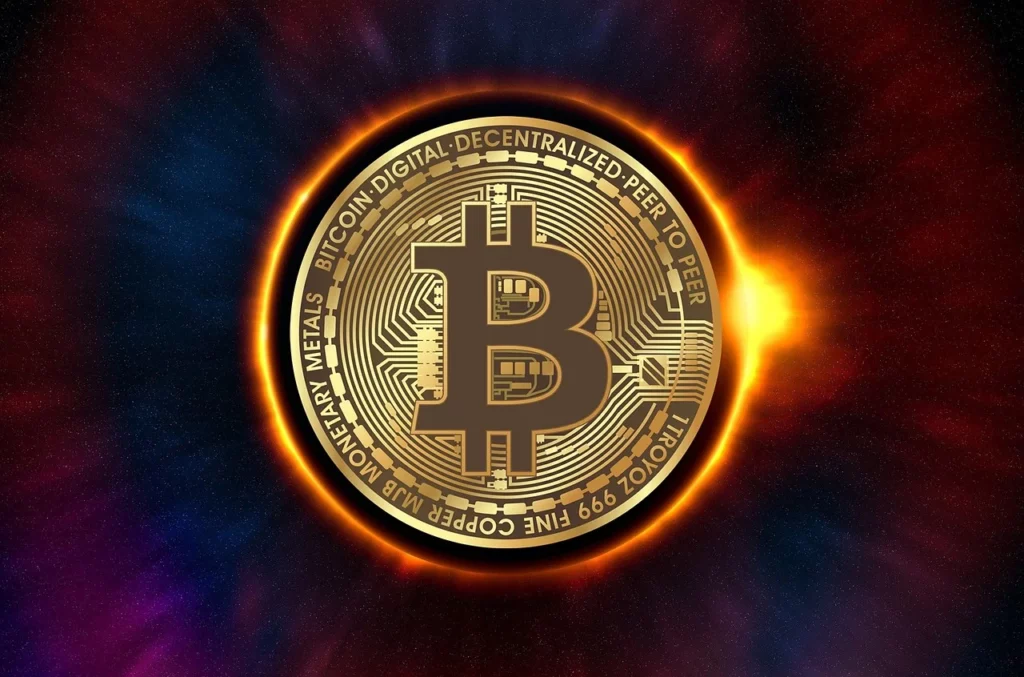How copyright Mining Can Be a Sustainable Investment Choice for You
How copyright Mining Can Be a Sustainable Investment Choice for You
Blog Article
Exploring the Future of Digital Money and Its Effect On International Financing
As global money comes to grips with the growing phenomenon of electronic currencies, profound implications are anticipated. Central financial institutions' exploration of their very own electronic currencies mean a future of decentralized money, assuring both performance and inclusion. Such a standard shift is not without its challenges, consisting of regulatory intricacies, cybersecurity dangers, and the basic issue of public count on. The subsequent discussion will penetrate much deeper into this transformative advancement.
Deciphering the Idea of Digital Currencies
Although electronic currencies have actually come to be a cornerstone in the monetary world, understanding their core principle may still posture a difficulty to numerous. Digital money, additionally understood as cryptocurrencies, are a type of cash that exists entirely in the electronic world.
The production and administration of electronic money depend on complicated mathematical algorithms, a procedure recognized as mining. They operate on a decentralized system, a modern technology described as blockchain. This innovation guarantees that all transactions are clear, secure, and can not be adjusted by any kind of entity. In spite of their abstract nature, electronic currencies have real-world value and can be used for numerous deals, including on the internet shopping, financial investments, and compensations. Understanding these basics is vital to grasping the effect of electronic money on worldwide finance.
Digital Currencies and Their Potential Influence On Global Financial
With the fundamental understanding of electronic money, it is now possible to discover their potential influence on international financial systems. copyright mining. As these currencies are decentralized, they can possibly interfere with traditional financial by removing the demand for economic intermediaries, hence lowering transaction prices and increasing effectiveness. This could lead to a democratization of banking, giving access to monetary services for unbanked populations worldwide
Nonetheless, electronic currencies also present obstacles for global financial. Potential concerns consist of protection dangers, regulative uncertainties, and volatility. Their anonymous nature could assist in immoral tasks, making guideline needed. Additionally, the volatility of electronic money could position significant dangers to financial security.
The effect of electronic money on international banking will depend on exactly how these obstacles are resolved - copyright mining. With the ideal regulative structure, digital currencies can improve worldwide banking, making it more reliable and comprehensive. Without appropriate measures, they can likewise position significant dangers.
How Digital Currencies Are Transforming International Profession

Digital money are improving cross-border transactions by eliminating the requirement for intermediaries such as banks, consequently reducing purchase prices and promoting smoother, much faster transactions. Digital currencies can offer far better transparency and traceability in transactions, minimizing the risk of fraudulence and increasing safety and security. It is vital to note that while digital money offer considerable potential to boost cross-border deals, they also present brand-new obstacles and risks that require to be addressed.
Typically, trade financing is regulated by systematized banks and monetary organizations. Digital money present decentralization, which enables for peer-to-peer purchases. While the usage of digital money in trade money is still in its nascent stages, the prospective influence is significant, assuring a more comprehensive and reliable worldwide profession system.

The Impact of Digital Currencies on Monetary Policies
As look these up the appeal of digital currencies remains to climb, their influence on financial policies internationally becomes increasingly significant. copyright mining. Central banks, commonly in charge of the control of cash supply, find themselves in brand-new territory, coming to grips with the expanding copyright-economy. Digital money, with their decentralized nature, sidestep the traditional financial system, posing possible risks to economic security
Moreover, electronic money can weaken the effectiveness of financial policy devices. As an example, rates of interest, a key tool for main banks, may shed their strength as electronic money are exempt to reserve bank rates. Electronic currencies might potentially lead to a disintermediation of the financial system, challenging the financial institutions' duty as economic intermediaries.
Nonetheless, electronic currencies likewise use opportunities. Reserve banks might release their very own electronic money, enabling enhanced control over the money supply. To conclude, as digital currencies progress, they will invariably shape and redefine global financial plans.
Redefining Currency: The Revolutionary Role of Digital Currencies
The revolutionary duty of digital currencies can not be overlooked in the redefinition of international currency systems. They have militarized a substantial change from conventional economic paradigms, introducing a new age of decentralized money. This is identified by better performance, transparency, and inclusivity, testing the hegemony of traditional financial establishments.
Digital currencies such as Bitcoin, Ethereum, and Surge, amongst others, are not just improving our understanding of money however likewise the whole monetary landscape. Their inherent features, such as cryptography, decentralization, and the capacity to run beyond state borders, are redefining the fundamental concepts of economic deals. This electronic revolution in currency is enhancing the democratization of financial systems, equipping individuals worldwide with financial freedom and freedom.
The disruptive impact of electronic money on international money is extensive. As this transformation unfolds, the globe watches with bated breath, anticipating the future of a digitized, decentralized financial globe.
# Conclusion
The future of digital money provides a transformative possibility for global finance, appealing efficiency and inclusivity. As central banks contemplate digital currency issuance, the equilibrium between embracing technical advancement and handling connected threats will shape the global monetary landscape.
Checking out the Future of Digital Currency and Its Impact on Global Financing
Digital currencies, also known as cryptocurrencies, are a form of money that exists only in the digital realm. While the usage of electronic currencies in trade financing is still in its nascent phases, the potential effect is substantial, promising a much more effective and comprehensive global trade system.
The revolutionary duty of digital money can not be neglected in the redefinition of global currency systems.The future of digital currency provides a transformative possibility for worldwide financing, appealing performance and inclusivity.
Report this page